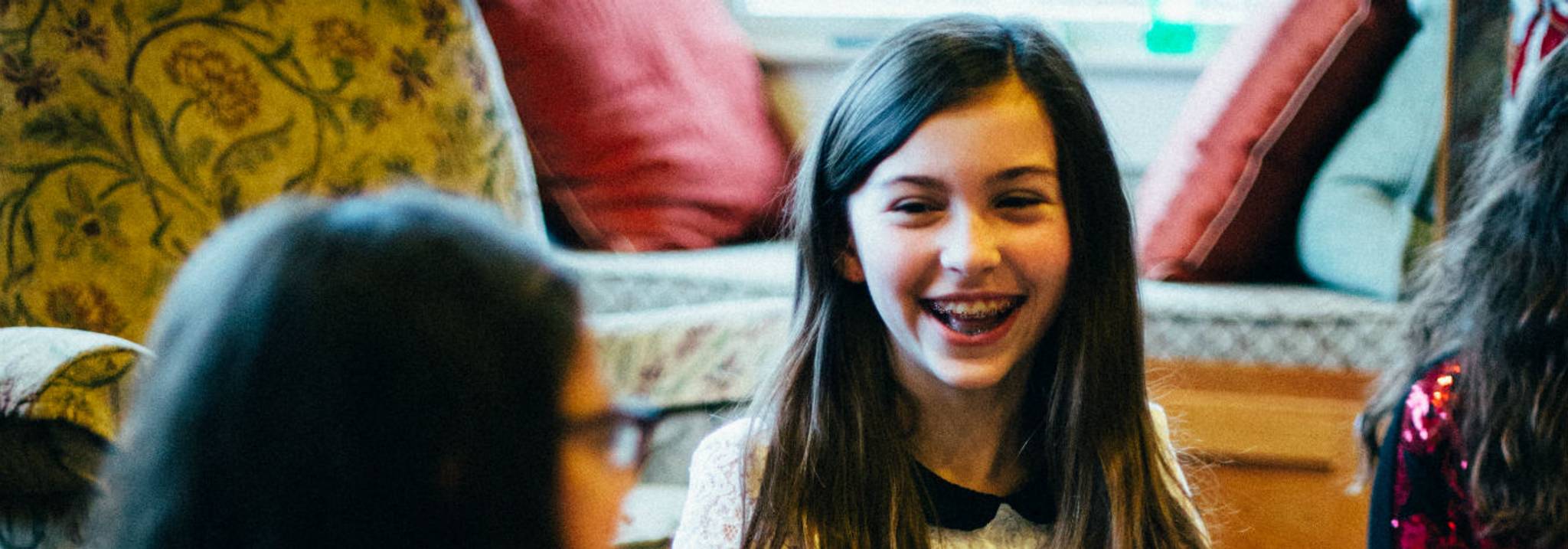
Finding out that Santa doesn't exist is a big cross to bear for any child – but not for the reasons you might think. A pair of anti-Santa psychologists have suggested that the elaborate lie could damage fragile parent-child relationships by showing kids the grown-up’s capacity for dishonesty.
Imagination is important for any child’s development, and Santa is long-standing tradition that supports that. One study conducted by psychologist Jacqueline Woolley found that at age three, 70% of kids believed in Santa and 78% believed in the garbage man. Because – while by the age of nine, almost all believed in the garbage man and only a third believed in Santa – the lines between fantasy and reality at that age are blurry, at best.
But when the truth eventually comes out, kids have to give up the dream of a big, bearded man traversing the Earth on a sleigh, giving away free stuff. But they also have to accept something potentially more damaging – that their parents have lied to them. “The Santa myth is such an involved lie, such a long-lasting one, between parents and children, that if a relationship is vulnerable, this may be the final straw," says Kathy McKay, a clinical psychologist and co-author of a paper on the matter, published in The Lancet. "If parents can lie so convincingly and over such a long time, what else can they lie about?”
It’s not just the kids that get something out of the Santa story – adults use the narrative to “hark back to our glory days as children,” says co-author Chris Boyle. It’s the same nostalgia that prompts people to splurge on Surge cola and tickets to an immersive experience of The Crystal Maze. And parents are especially guilty of projecting their nostalgia on to their kids; Gen Y parents are proven to pack their kids' lunch boxes with snacks they remember from their own childhoods. Yet while nostalgia can have a positive influence on mental and emotional well-being, maybe some parts of the past are better left there.
Discover more insights like this by signing up to the Canvas8 Library.
Katy Young is a Canvas8 behavioural analyst. She has a degree in American Studies and Film and an MA in Journalism. Her interests include wild swimming, thinking of podcast ideas and singing in an all-female choir.